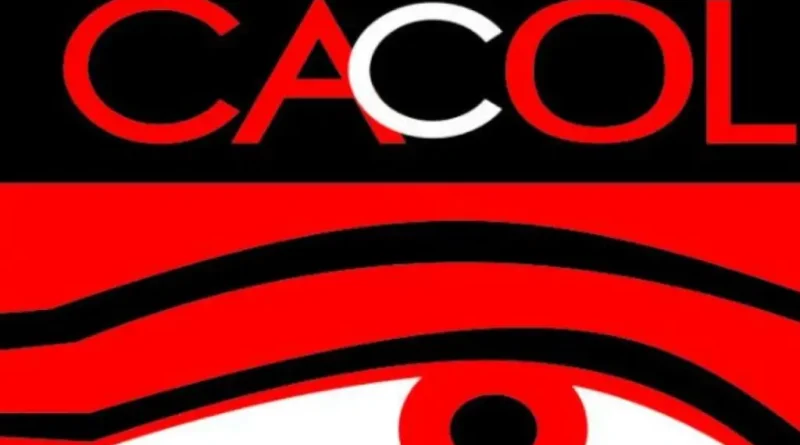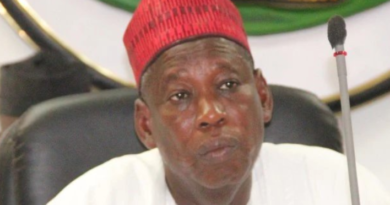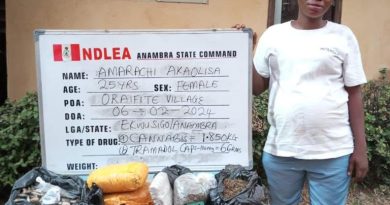Alleged Diversion Of Drug Funds: CACOL Kicks, Calls Probe Of Federal Hospital CEO’s
The Centre for Anti-Corruption and Open Leadership, CACOL, has called on the Federal Government to immediately commence the probe of alleged corrupt cases made against some of the Chief Executive Officers of the Federal Health Institutions (FHIs).
In a release issued by CACOL and signed by Tola Oresanwo, the anti-corruption organization’s Director, Administration and Programmes on behalf of its Chairman, Mr. Debo Adeniran, he stated, “It was reported that a communique of the 96th annual national conference of the Pharmaceutical Society of Nigeria (PSN), signed by the President, Prof. Cyril Usifoh, and National Secretary, Mr Garfa Madehin, called for the probe of corruption against some of the Chief Executive Officers of the FHIs, whom empirical data confirms, indulge in the procurement of drugs through their proxies in addition to diverting Drug Revolving Funds accruable to identifiable bank accounts that are not official accounts in their institutions.
”The efficiency of health care delivery in any nation is predicated on transparent combination of financial and human resources, which will bring about the supply and delivery of timely services to vulnerable populace throughout the country. These efforts are to be accompanied with appropriate behaviour by individuals, health care workers, and administrators. This entails that good governance is considered as a yardstick in ensuring a sustainable and efficient health care delivery.The notion that health is wealth serves as a precondition for both personal productivity and national development. For any country to keep its citizens healthy,it has to invest heavily in the health sector. Good investment in the health sector must portend good equipment, adequate staffing, easy access and affordable medical services with a possible good insurance scheme in place. However, citizens will not have good health services where corruption prevails and self-interest is the focus of those administering these health institutions. Besides, where corruption prevails there is bound to be difficulty in the implementation of state policies on effective health care delivery. Unfortunately, this is the situation Nigeria has found itself in, especially with the recent revelation by the PSN.It is a known fact that the health sector is one that has to do with life and death and going by the current economic realities in the country, many citizens cannot afford private health providers let alone the luxury of flying abroad to get medical treatment, hence we cannot continue to toy with the health sector if we don’t want it to be bastardized like all other sectors in the country. Any misdemeanor noticed in the health sector should be reported, investigated and adequate sanctions should be meted out to whoever has been found guilty.”
The anti-corruption Czar opined that “It is disheartening and demoralizing how public funds are being mismanaged by the management of most of the health institutions in the country. Despite the fact that most of the Administrators of these institutions are engaged in sharp practices especially in the area of contract inflation, employment racketeering, diversion of public properties, procurement scam, age falsification, etc. they still find it so easy and morally right to divert funds meant to procure drugs into their private accounts. This is scandalous and the height of criminality that should not go unpunished.”
The CACOL Boss further enthused, “As we have said earlier, we have observed that there have not been serious punishment for impunities like this hence civil servants and public officials who were supposed to hold their position in trust for the members of the public and the generality of Nigerians engaged in financial recklessness knowing fully well that there will not be backlash for their actions. We therefore call on the various anti-graft agencies to immediately commence investigation into this claim by PSN and bring the perpetrators of this heinous crime against humanity to book.”




